 I ran across a collection of letters last night written by famous Texas sportswriter / novelist Bud Shrake. Back in the mid ’60s Shrake, who wrote for the Dallas Times Herald and the Dallas Morning News, moved to New York to take a job with Sports Illustrated and to work on his novels and screenplays. During Shrake’s colorful career he managed to write ten novels exploring two hundred years of Texas history; several sports-related books, including Barry Switzer’s biography Bootlegger’s Boy; and five books with golf legend Harvey Penick, including the number one all time best-selling sports book in history, Harvey Penick’s Little Red Book.
I ran across a collection of letters last night written by famous Texas sportswriter / novelist Bud Shrake. Back in the mid ’60s Shrake, who wrote for the Dallas Times Herald and the Dallas Morning News, moved to New York to take a job with Sports Illustrated and to work on his novels and screenplays. During Shrake’s colorful career he managed to write ten novels exploring two hundred years of Texas history; several sports-related books, including Barry Switzer’s biography Bootlegger’s Boy; and five books with golf legend Harvey Penick, including the number one all time best-selling sports book in history, Harvey Penick’s Little Red Book.
Shrake died earlier this year at 77 years of age. And the current issue of Texas Monthly has compiled an edited selection of letters he wrote from New York in 1964-65 to friends back here in DFW and Austin. The letters are fascinating to me. They are of a long-gone style of writing that characterized the work of the best-ever sports writers from the ’50s, ’60s, and ’70s. But they also reveal the guts of a guy struggling to make it. Shrake is restless in his letters. Searching. Unsure of himself, but determined to keep on.
I see myself in a letter he wrote to his ex-wife, Joyce, on April 10, 1965:
“I do not think you can show me a writer who is not insecure about his work, unless he is one of those who is merely plodding over the same weary ground; a pattern mystery story man, or historical novel writer, or perhaps a memoirist. Or perhaps a [Thomas] Mann or someone in the later years of his craft when he is not doing anything that is for him new. Do you think Mailer, for example, was insecure about “An American Dream?” Sure he was, and is. Such feeling partially accounts for the sudden eccentricities, the erratic-nesses, the gropy destruction bouts of drunken wildness, the hysteria even, of writers who are at least trying to be serious regardless of their true merit. One simply does not know for sure what is being achieved, what the gap might be between intention and result.”
Couple of observations. One, can you imagine one of the current sportswriters of a major newspaper writing this way today? Incredible, huh? Stories about Bob Lilly and Don Meredith and Stan Musial and Bob Cousey were written this way.
Two, I don’t feel exactly this way as a preacher. There haven’t been any “bouts of drunken wildness.”
But I can certainly relate to the insecurity. I can easily relate to “trying to be serious regardless of [my] true merit.” It’s the last line of the letter there, this gap “between intention and result,” that perfectly captures my thoughts and feelings about being a proclaimer of the Word of God. I never know for sure what’s really being achieved.
 I never know what’s going to happen. I never know. From day to day and week to week — sometimes it’s an hourly mystery — I never know how what I’m going to say is going to be received by those who hear it. I’m acutely aware that there are 900 sermons being preached at Legacy every Sunday morning. I’m preaching one and the 899 other participants are hearing their own. There’s a huge unknown gap between intention and result.
I never know what’s going to happen. I never know. From day to day and week to week — sometimes it’s an hourly mystery — I never know how what I’m going to say is going to be received by those who hear it. I’m acutely aware that there are 900 sermons being preached at Legacy every Sunday morning. I’m preaching one and the 899 other participants are hearing their own. There’s a huge unknown gap between intention and result.
The maddening thing is that I have no control. None. It’s all on God. He guides me all week on the words I’m going to say. He shows me by his Holy Spirit what to preach. He gives it to me during long periods of prayer and meditation and study. And then he uses those words to do with them what he wants. Totally independent of me. I’m really of very little significance in all this. He speaks to people. He touches hearts. He convicts and converts. He does things I never imagine. He causes things I never could have planned. I understand that. I get it. And that should bring me a real peace. Those things should calm me and relax me. It’s not on me. It’s all on him.
But I really don’t know what, if anything, is “being achieved.”
My security is in my God. Yeah, I know. But…
My confidence comes from God. Yeah, I know. But…
My “merit” is not mine. I don’t have any. It all belongs to God. But…
I haven’t been doing this long enough to know if it’s just me or if every preacher has these feelings of insecurity. Inferiority. Is it just a personality thing with me or are all preachers this way? How do I look at my own sinfulness and selfishness and fallenness and inclinations to evil and then presume to speak for God to a congregation of his holy children? I’m still not very good at this yet. And it frustrates me.
I take comfort from the words of Augustine. “My own way of expressing myself almost always disappoints me. I am anxious for the best possible, as I feel it in me before I start bringing it into the open in plain words; and when I see that it is less impressive than I had felt it to be, I am saddened that my tongue cannot live up to my heart.” OK, I’m in good company here. Augustine can relate.
I live in that gap between intention and result.
It’s all in God’s hands. And that’s good news. Better him than me. He’s never failed me. Those unknown results are nearly always better than my intention. Praise God! Give him the glory! It happens all the time.
But most days, that doesn’t give me the comfort or peace that I think it should.

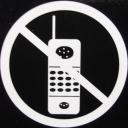


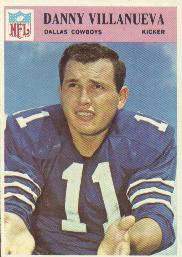




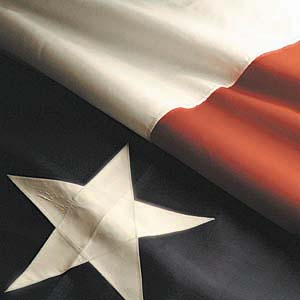
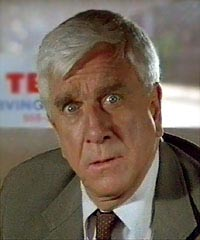
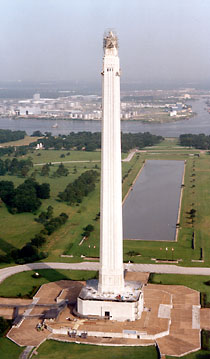



Recent Comments